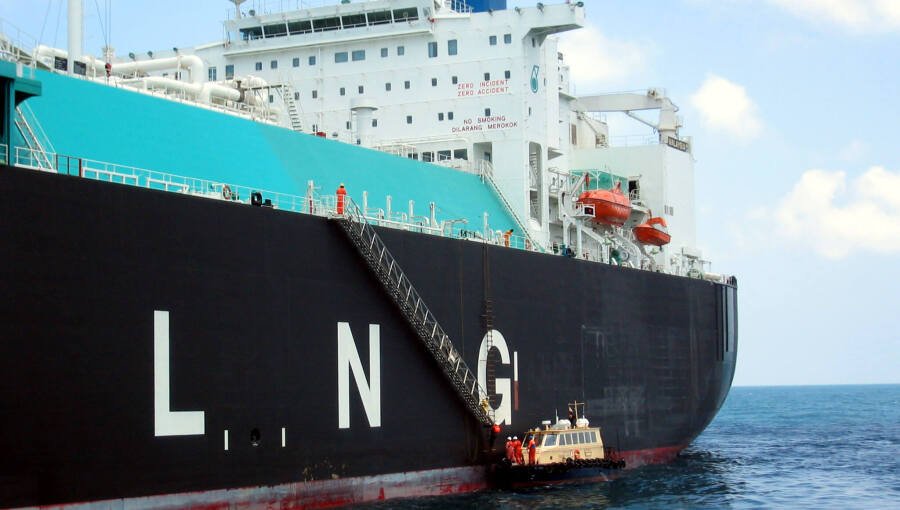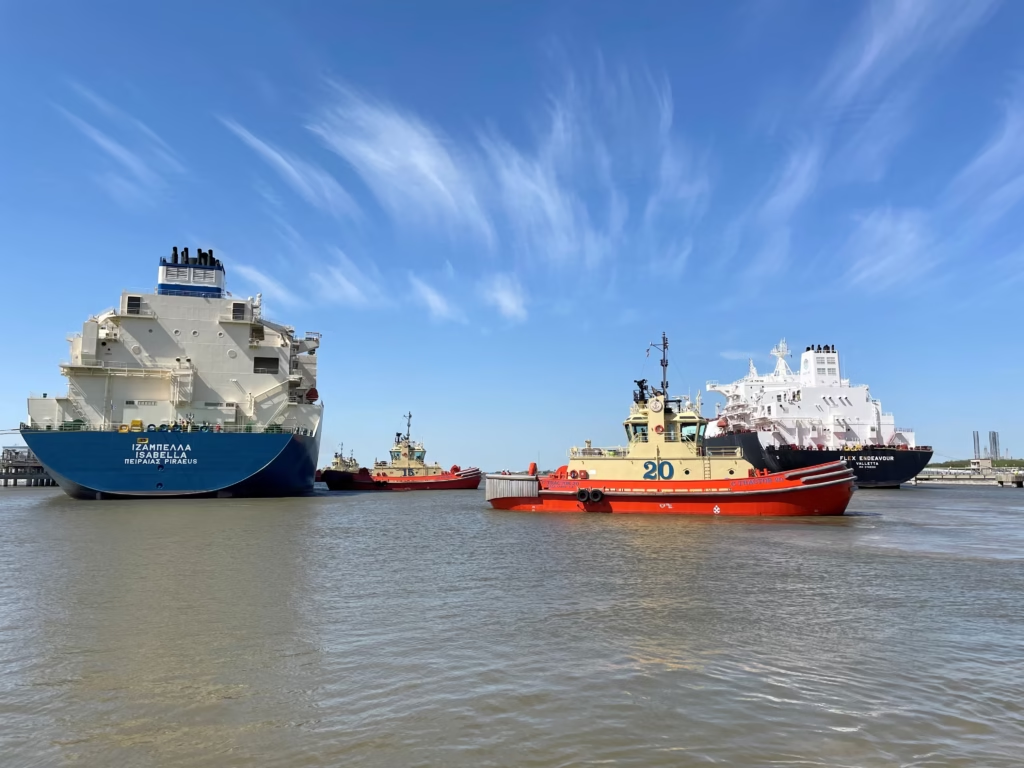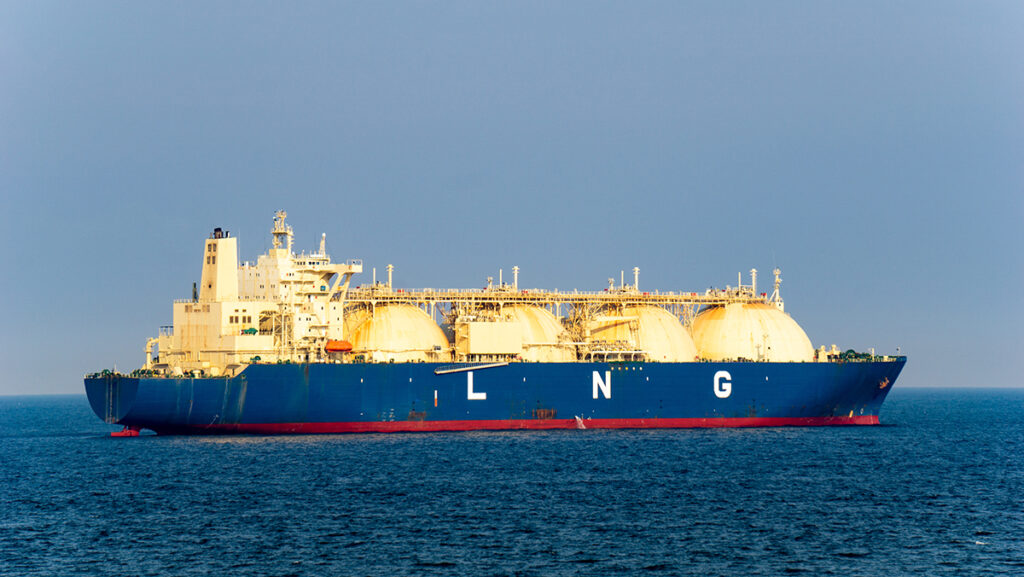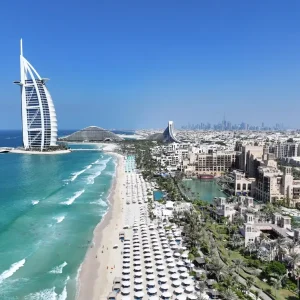In a bold and forward-looking energy maneuver, Egypt has finalized a series of mid-term deals with some of the world’s most powerful energy companies, including Saudi Aramco, Shell, Vitol, Trafigura, SOCAR, PetroChina, and Hartree Partners. These new liquefied natural gas (LNG) agreements are expected to drastically transform the nation’s energy landscape — stabilizing the power grid, reducing blackouts, and supporting economic resilience.
The agreements, which span from mid-2025 through 2026 and possibly up to 2028, represent Egypt’s most aggressive LNG import initiative to date. The estimated volume of imported LNG could exceed 290 cargoes, with a value surpassing $8 billion. It’s not just a fuel transaction — it’s a strategic pivot that acknowledges the country’s current energy challenges and aims to address them head-on.
Strategic Response to an Energy Crunch
Egypt’s energy challenges have intensified in recent years, with rising domestic demand colliding with declining gas production. During the summer months, this mismatch becomes acute, leading to load shedding and rolling blackouts across many regions. These mid-term LNG deals come as a direct solution to bridge the supply gap, particularly during peak consumption periods.

With the country’s power demand soaring and renewable projects not yet at full capacity, LNG provides the quickest path to immediate grid support. These shipments are timed to coincide with high-demand periods, especially the summer season, ensuring that the population experiences fewer disruptions in their daily lives.
Deal Volume and Payment Terms
The structure of these contracts demonstrates the flexibility and financial ingenuity of Egypt’s energy planners. The volume committed under these deals ranges between 150 and 160 cargoes until the end of 2026. However, with options to expand, the total figure could rise to between 235 and 290 cargoes — a record for Egypt in terms of LNG imports.

One of the most notable aspects is the favorable payment structure. Instead of immediate cash outflows, Egypt has negotiated deferred payment terms of up to nine months, easing pressure on foreign currency reserves and giving the government much-needed breathing room. In an economic environment where liquidity matters more than ever, this deferred financing arrangement adds real value.
Cargo pricing has been pegged to international benchmarks with a manageable premium, ensuring that Egypt secures supply without being locked into unfavorably high prices.
Infrastructure Upgrades Underway

To manage this incoming LNG wave, Egypt is already taking significant steps to upgrade its port and regasification infrastructure. Floating storage and regasification units (FSRUs) in Ain Sokhna and Alexandria are being optimized for higher throughput. A new FSRU is also being considered to handle the growing volume.
This infrastructure scaling is not just for the short term — it marks the beginning of Egypt’s longer-term strategy to integrate LNG as a core part of its energy mix. The ability to receive, store, and convert LNG into usable natural gas at scale is critical for sustaining energy stability.
Upgrades to transmission pipelines and regional grid interconnectivity are also underway, ensuring that gas from regasified LNG reaches power plants and industrial hubs quickly and efficiently.
Diversifying Energy Partnerships
By signing deals with a wide range of suppliers — from traditional giants like Aramco and Shell to major trading houses like Vitol and Hartree — Egypt is diversifying its energy portfolio and hedging against geopolitical risk. This wide supplier base enhances the country’s energy resilience, giving it multiple channels of supply during uncertain global conditions.
Each partner brings something unique to the table. Aramco’s inclusion underscores the strong economic and political ties between Egypt and Saudi Arabia. Shell brings technical sophistication and flexible delivery. Traders like Vitol and Trafigura offer dynamic pricing strategies and market access, while PetroChina and SOCAR broaden the global footprint of Egypt’s energy relationships.
Economic and Social Impact
The social implications of these deals are deeply felt at the grassroots level. For households, more consistent power means less disruption and improved quality of life. For factories and businesses, it means better productivity and fewer losses due to outages. For the entire economy, it means enhanced investor confidence and momentum in both the industrial and service sectors.
Egyptians have grown used to enduring blackouts during the summer heat, but these new deals could turn that chapter. When lights stay on, homes become more livable, hospitals operate without interruption, and schools can function without power loss. This is about more than just electricity — it’s about restoring normalcy and dignity to daily life.
Pivot Toward a Broader Energy Vision
Even as Egypt moves aggressively into LNG imports, it’s not losing sight of the longer-term need for energy independence. These deals are designed to buy time and create stability while Egypt invests further in renewable energy, nuclear power, and new gas exploration. The country is planning to expand solar and wind capacity significantly in the coming years, aiming to shift toward a more balanced, low-emissions energy mix.
The LNG agreements serve as a transitional strategy. They fill an immediate and growing gap while the country repositions itself for the energy landscape of the future. These deals are not a step backward — they are a pragmatic leap forward in an evolving global energy context.
Regional and Global Implications
Egypt’s entry as a sustained LNG importer will have ripple effects on global LNG markets. In recent years, the global LNG trade has been dominated by major Asian and European buyers. Egypt’s consistent demand could tighten market balances and influence spot market dynamics, especially in peak seasons.

At the same time, Egypt remains strategically located between Europe, Africa, and the Middle East. Its infrastructure could still play a role in re-exporting LNG or gas through pipelines when domestic production rebounds. The Suez Canal and Egypt’s existing LNG terminals could become vital assets in regional gas trade routes.
This strategic positioning adds a layer of geopolitical relevance to Egypt’s energy decisions. As global energy markets become more fragmented and competitive, Egypt’s ability to balance its import needs with export capabilities and infrastructure development could set it apart as a regional energy hub.
Looking Ahead
The road ahead is one of careful balance. Egypt will need to manage the financial commitments of these LNG deals while ensuring domestic gas production doesn’t fall further behind. Continued exploration and development of local fields will remain key.
The government is also likely to deepen cooperation with international partners, not only on LNG but also on renewables, hydrogen, and carbon capture. These will be central to Egypt’s long-term vision of an energy-secure and economically diversified future.
In the meantime, these LNG agreements offer a strong, immediate benefit: a reliable energy buffer that allows the country to move forward with clarity and control.
Final Word
Egypt’s bold entry into the global LNG import market — powered by major deals with Aramco and other energy leaders — marks a significant pivot in national energy strategy. It shows adaptability, foresight, and a commitment to putting people’s needs first. With fewer blackouts, stronger infrastructure, and better financial terms, Egypt is lighting the way to a more powerful and positive energy future.
Do follow UAE Stories on Instagram
Read More: Mr Eight Development’s Villa del Gavi Wins 2025 Luxury Lifestyle Award












